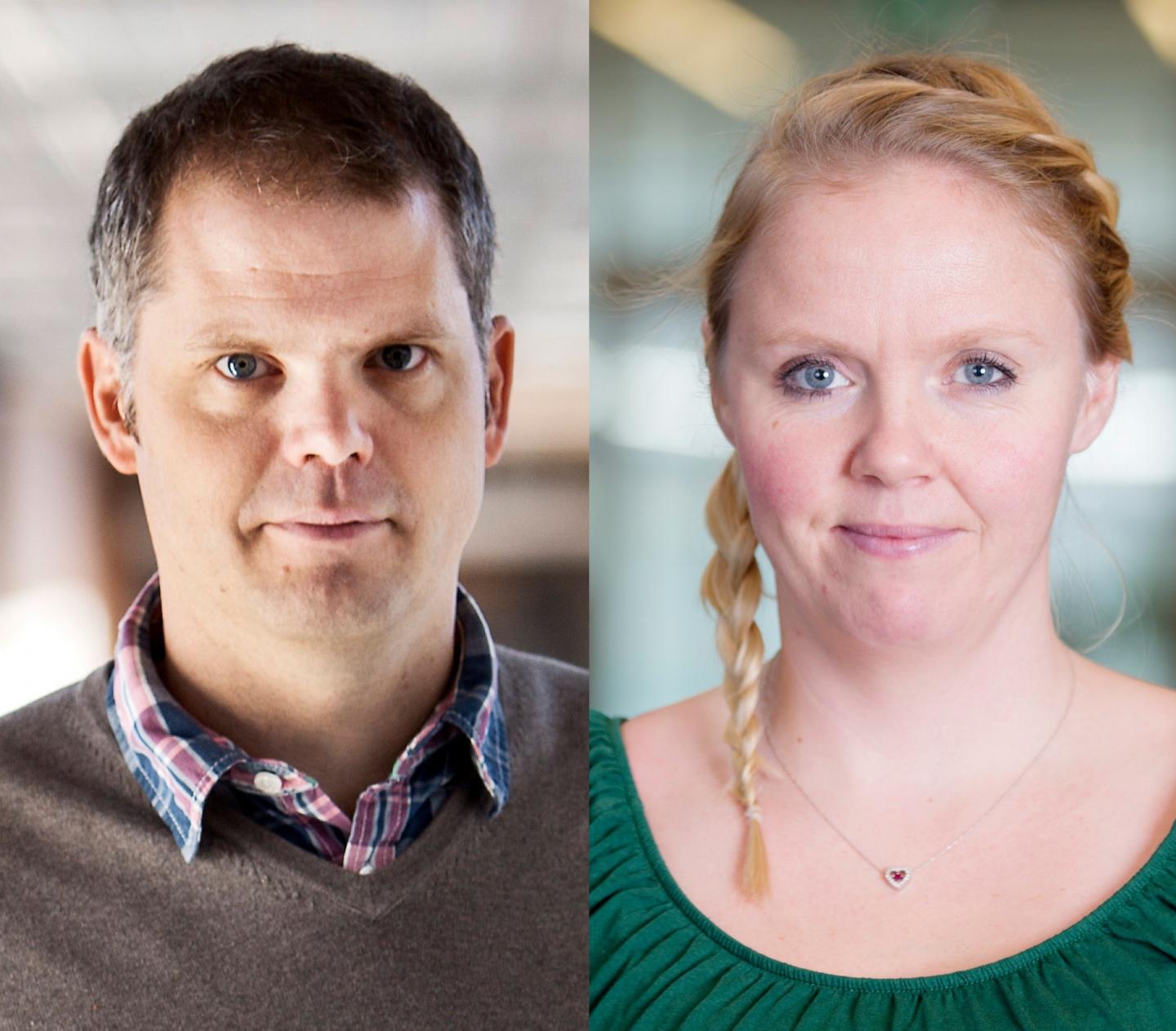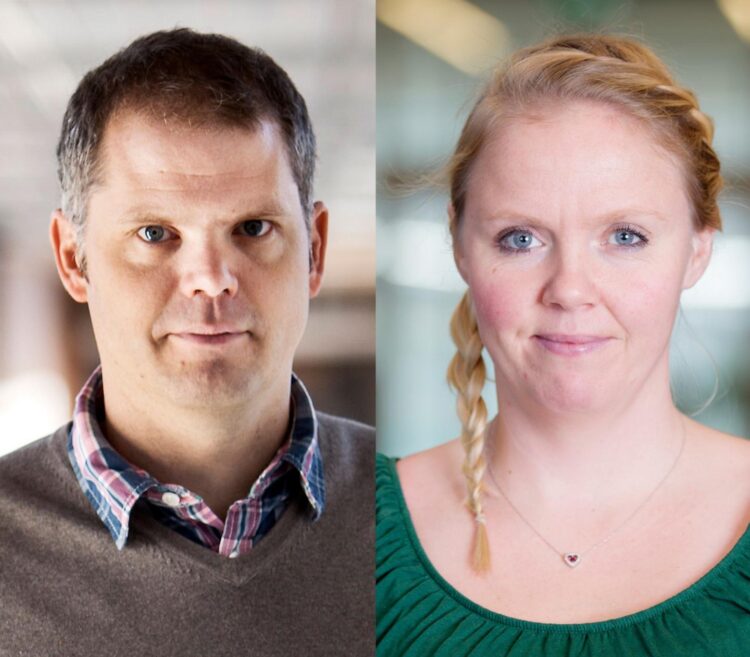
Credit: Photo by Johan Wingborg and Malin Arnesson
Infants born by cesarean section have a relatively meager array of bacteria in the gut. But by the age of three to five years they are broadly in line with their peers. This is shown by a study that also shows that it takes a remarkably long time for the mature intestinal microbiota to get established.
Fredrik Bäckhed, Professor of Molecular Medicine at Sahlgrenska Academy, University of Gothenburg, has been heading this research. The study, conducted in collaboration with Halland County Hospital in Halmstad, is now published in the journal Cell Host & Microbe.
Professor Bäckhed and his group have previously demonstrated that the composition of children’s intestinal microbiota is affected by their mode of delivery and diet. In the current study, the researchers examined in detail how the composition of intestinal bacteria in 471 children born at the hospital in Halmstad had developed.
The first fecal sample was collected when each child was a newborn infant. Thereafter, sampling took place at 4 months, 12 months, 3 years and 5 years. The scientists were thus able to follow the successive incorporation of various bacteria into the children’s gut microbiota.
At birth, the infant’s intestine has already been colonized by bacteria and other microorganisms. During the first few years of life, the richness of species steadily increases. What is now emerging is a considerably more detailed picture of this developmental trajectory.
One key conclusion is that the intestinal microbiota forms an ecosystem that takes a long time to mature. Even at 5 years of age, the system is incomplete. The maturation process can look very different from one child to another, and take varying lengths of time.
At the age of 4 months, the gut microbiota in the cesarean-born infants was less diverse compared with vaginally born infants. However, when the children were 3 and 5 years the microbiota diversity and composition had caught up and were largely normalized intestinal microbiota.
“Our findings show that the gut microbota is a dynamic organ, and future studies will have to show whether the early differences can affect the cesarean children later in life,” Bäckhed says.
“It’s striking that even at the age of 5 years, several of the bacteria that are important components of the intestinal microbiota in adults are missing in the children,” he continues.
This indicates that the intestine is a complex and dynamic environment where bacteria create conditions for one another’s colonization.
According to the researchers, the current study has broadened our understanding of how humans interact with the trillions of bacteria contained in our bodies, and of how these bacteria become established.
Lisa Olsson, a researcher at the University of Gothenburg and one of the first authors, adds:
“Children learn skills like walking and talking at different rates, and it turns out that the same applies to the maturity of the gut microbiota.”
Fredrik Bäckhed again:
“By investigating and understanding how the intestinal microbiota develops in healthy children, we may get a reference point to explorie if the microbiota may contribute to disease in future studies,” he concludes.
###
Media Contact
Fredrik Bäckhed
[email protected]
Original Source
https:/
Related Journal Article
http://dx.





